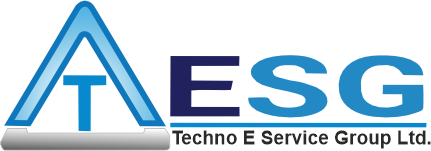Most frequent questions and answers
Digital marketing ads target specific audiences, driving relevant traffic to your website. This can increase visitor numbers and potentially boost conversions by reaching users who are interested in your products or services.
Commonly effective types include search ads (Google Ads), display ads, social media ads, and retargeting ads. Each type can be tailored to meet different goals, such as brand awareness, lead generation, or sales.
A well-designed website enhances user experience, making it easier for visitors to navigate and convert. This positively impacts your ad campaign’s success by improving conversion rates and reducing bounce rates.
Landing pages are crucial as they are the first thing users see after clicking an ad. A targeted and optimized landing page can increase conversions by aligning with the ad’s message and offering a clear call-to-action.
Effectiveness can be measured using metrics like click-through rates (CTR), conversion rates, return on ad spend (ROAS), and customer acquisition cost (CAC). Analytics tools can help track these metrics and assess ad performance.
SEO ensures that your website ranks well in organic search results, which complements your paid ad efforts. High SEO rankings can lead to more organic traffic, enhancing the overall effectiveness of your digital marketing strategy.
Ads should be reviewed and updated regularly to reflect changes in your business, market trends, and audience preferences. Testing different ad variations and optimizing based on performance data can also help improve results.
Effective ads should have clear, compelling messaging, strong calls-to-action, eye-catching visuals, and be targeted to the right audience. Regularly analyzing ad performance and making data-driven adjustments can also enhance effectiveness.
Yes, digital marketing ads are excellent for building brand awareness. By consistently reaching your target audience with engaging ads, you can increase brand recognition and strengthen your market presence.
Choose a platform based on your target audience, marketing goals, and budget. Popular options include Google Ads for search intent, Facebook Ads for social engagement, and LinkedIn Ads for B2B targeting.
Your website should include clear calls-to-action, relevant content, mobile optimization, fast loading times, and easy navigation. These elements enhance user experience and support the goals of your digital marketing ads.
To improve conversions, ensure your ads are highly targeted and relevant to your audience, optimize your landing pages for clarity and ease of use, and use A/B testing to refine your ads and identify what works best.

